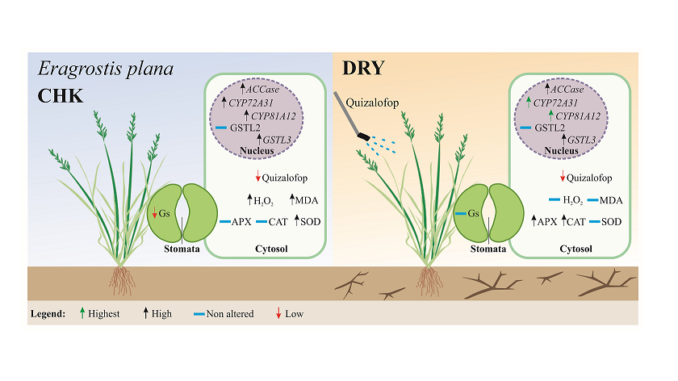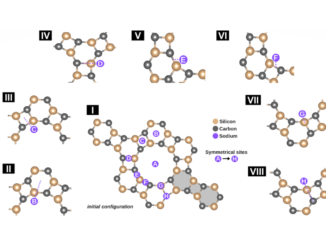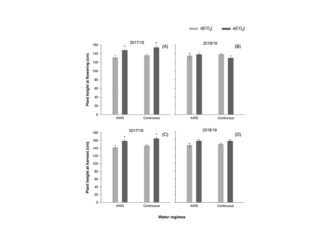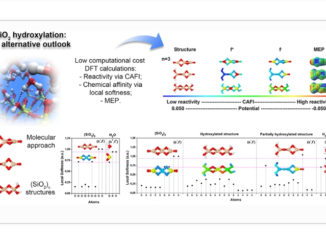
Transgenerational Effect of Drought Stress and Sub-Lethal Doses of Quizalofop-p-ethyl: Decreasing Sensitivity to Herbicide and Biochemical Adjustment in Eragrostis plana
Abstract: (1) Background: Eragrostis plana Ness is a invasive C4 perennial grass in South America and very adaptable to environmental stresses. Our hypothesis is that there is a transgenerational cross-talk between environmental stresses and weed response to herbicides. This study’s objectives were to: (1) evaluate if E. plana primed by drought stress (DRY), a sub-lethal dose of quizalofop-p-ethyl (QPE), or a combination of both drought and herbicide stresses (DRY × QPE), produce a progeny with decreased sensitivity to quizalofop and (2) investigate the potential mechanisms involved in this adaptation; (2) Methods: A population of E. plana was isolatedly submitted to treatments for drought, quizalofop or drought plus quizalofop for two generations. The progenies were analyzed for sensitivity to the herbicide quizalofop and performed biochemical, chromatographic and molecular analyses.; (3) Results: In the G2 generation, the quizalofop-treated CHK population had reduced stomatal conductance and increased hydrogen peroxide and lipid peroxidation. On the other hand, there was no change in stomatal conductance, hydrogen peroxide level, and lipid peroxidation in the quizalofop-treated DRY population. In addition, this population had increased antioxidant enzyme activity and upregulated CYP72A31 and CYP81A12 expression, which was accompanied by reduced quizalofop-p-ethyl concentrations; (4) Conclusions: E. plana demonstrated a capacity for transgenerational adaptation to abiotic stresses, with the population exposed to drought stress (DRY) becoming less sensitive to quizalofop-p-ethyl treatment.
Author(s): Fipke, M. V.; Feijo, A. d. R.; Garcia, N. S.; Heck, T.; Viana, V. E.; Dayan, F. E.; Agostinetto, D.; Lamego, F. P.; Souza, G. M.; Camargo, E. R.; de Avila, L. A.
Agriculture
Published: 11 March 2022
DOI: https://doi.org/10.3390/agriculture12030396
CDMF
The CDMF, hosted at the Federal University of São Carlos (UFSCar), is one of the Research, Innovation and Dissemination Centers (RIDC) supported by the São Paulo State Research Support Foundation (Fapesp), and also receives investment from the National Council Scientific and Technological Development (CNPq), from the National Institute of Science and Technology of Materials in Nanotechnology (INCTMN).




